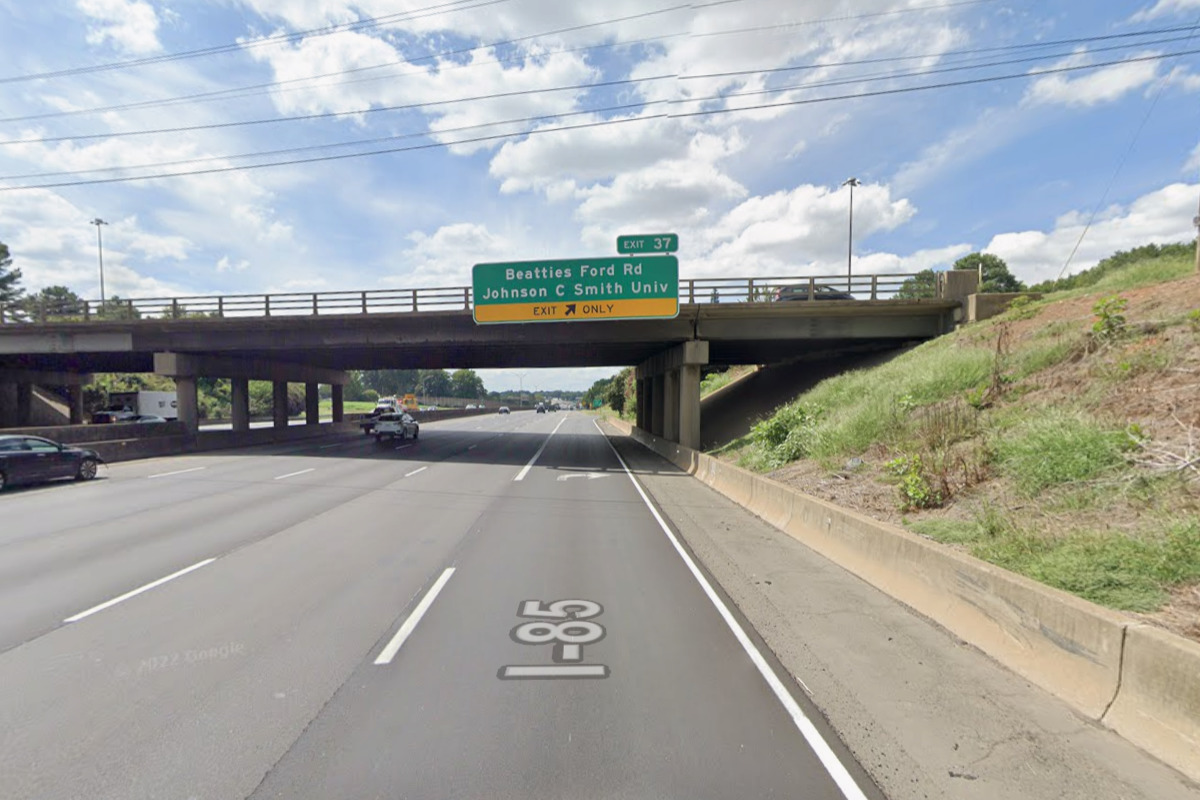UPDATE: President Donald Trump has clinched a significant court victory, enabling him to federalize the California National Guard for immigration enforcement, a ruling that could reverberate across liberal strongholds nationwide. The 9th Circuit Court of Appeals rejected a request for further review of the case on Wednesday, standing firm behind a previous ruling that has left many on the left reeling.
The implications of this decision are profound and immediate. The court’s refusal to reconsider its ruling means that Trump’s authority to deploy 4,000 California National Guard troops remains intact, potentially allowing them to assist Immigration and Customs Enforcement (ICE) during protests and disturbances. This comes just days after a similar ruling allowed Trump to take control of National Guard troops in Oregon, marking a pivotal shift in federal-state relations regarding law enforcement.
In June, Trump invoked federal law to deploy the National Guard to safeguard ICE personnel amid escalating tensions in Los Angeles linked to immigration enforcement. This prompted Governor Gavin Newsom to challenge the federal action in court, but the 9th Circuit’s latest ruling suggests that unless Newsom escalates the case to the Supreme Court, his legal efforts may be exhausted.
The panel’s decision, comprised of two Trump appointees and one appointed by President Joe Biden, stated that Judge Charles Breyer, who initially placed a restraining order against the Trump administration, may have overstepped his authority. This ruling not only affirms Trump’s power but also sets a precedent that could expand executive control over state troops during domestic unrest.
Social media has erupted with reactions from Trump supporters celebrating this legal victory as a major boost for the President’s immigration agenda. One user exclaimed, “MAJOR WIN! President Trump defeated Gavin Newsom in the 9th Circuit Court of Appeals!” Another noted, “This means Guard units can now roll into sanctuary cities like LA and SF to back federal efforts.”
The ruling arrives at a time when tensions regarding immigration continue to escalate, and the federal government’s ability to act decisively is being closely scrutinized. Proponents of the decision argue it enables stronger enforcement of federal laws, while opponents fear it undermines state sovereignty and civil liberties.
As of now, Governor Newsom’s office has not indicated whether it will pursue an appeal to the Supreme Court. The legal landscape surrounding the National Guard’s role in immigration enforcement is rapidly evolving, and this ruling could pave the way for more assertive federal action in states resisting federal immigration laws.
Observers are watching closely to see how this decision will influence ongoing debates about immigration and law enforcement across the country. The outcome of future legal challenges could further define the balance of power between state and federal authorities.
Stay tuned for updates on this developing story as more information becomes available.







